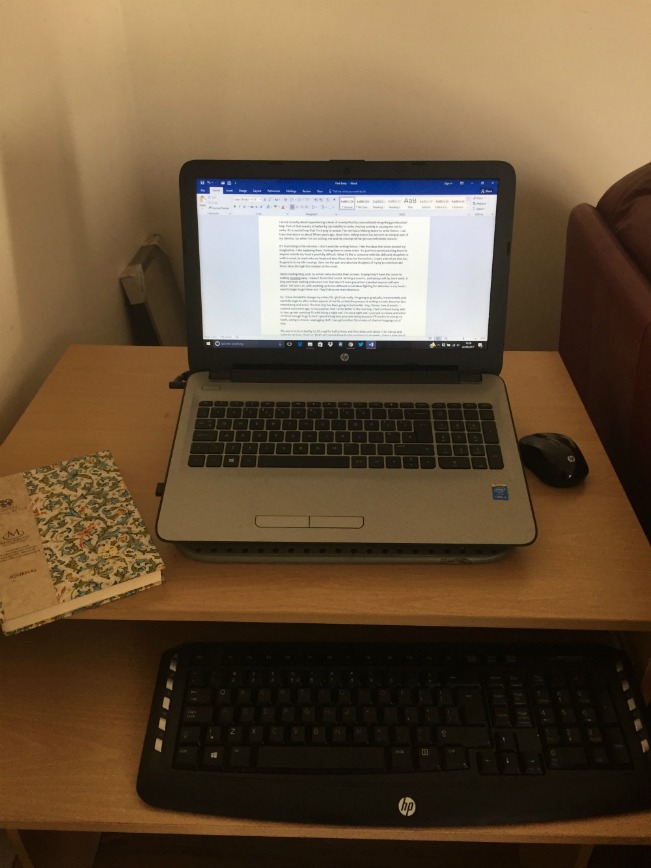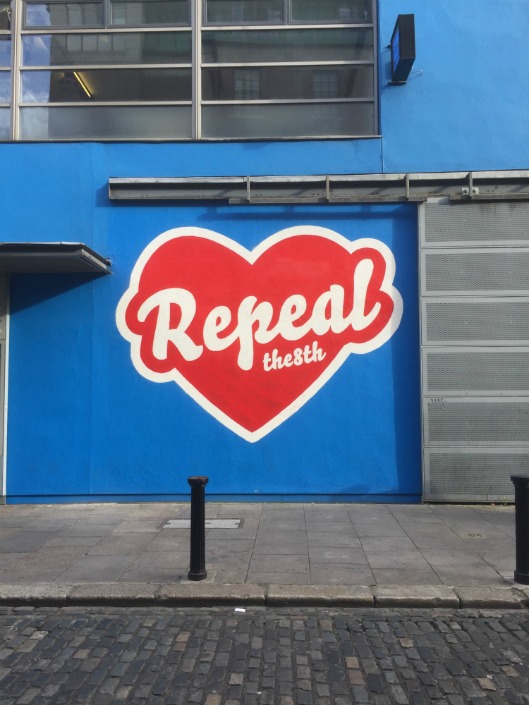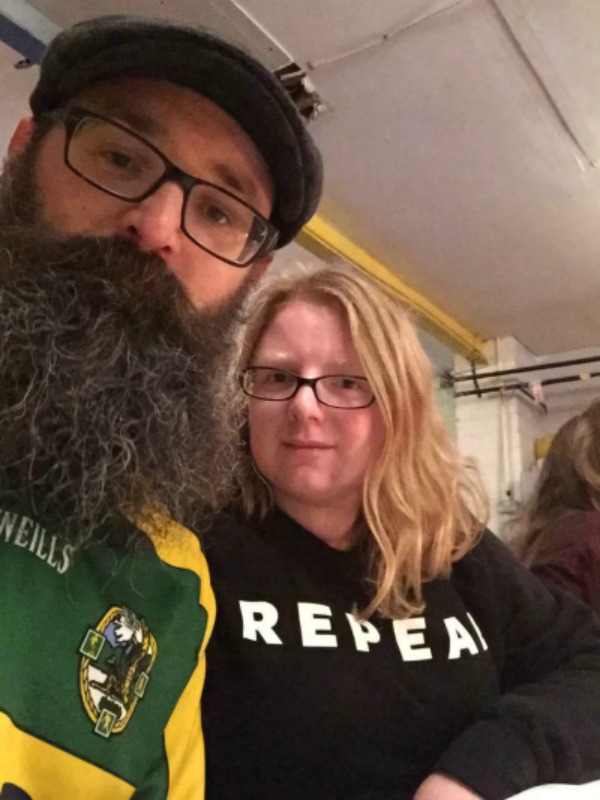
Well, it’s been a productive week on the noveling front. But not so much on the actual writing front. As I explained in my previous post, my intention was to carefully plot and plan my novel, ‘In Ten Thousand Years,’ so I’d know what I was doing every time I sat down to write. And in this week’s post I was going to share with you my progress and dazzle you with my tenuous grasp on the Three Act Structure and other things about noveling I like to think I know.
It turns out I’m bloody lucky I decided to do a bit of plotting, because the whole thing fell apart under the most cursory of examinations. The structure, the plot, the characters, all were utterly unsustainable within the narrative I’d initially envisaged. Even the title didn’t work. If I’d persisted in writing this novel as I’d originally half-arsedly planned, then my heart felt squeals, a month from now, would’ve made for a very depressing blog post indeed.
All that remained was the premise. And even that had to get a severe prodding. But it did stand up to my bitter prodding. So, I was left with a premise. A premise I like and consider worth persevering with. But could it be the basis of a novel?
I took a piece of paper (it was A4 printing paper and a clip board, let’s not get too romantic about this) and began to do a bit of mind mapping. I wrote down everything I knew about the worlds involved, the characters and their motivations. Then I began to connect them up. Looked at how they interacted and how they might interact in the future. Then I looked again at the premise. Is there something worthwhile that’ll animate my protagonist (do I even like him?) and are the obstacles interesting? Is my antagonist interesting? Is my antagonist sustainable?
How do I turn this mishmash of ideas into a coherent narrative? A narrative that conforms to the structure that novels demand? How many chapters? What’s the inciting incident and can I fit it into the right place? What are the first act, midpoint and second act crises? And can I World Build in an unobtrusive manner?
As I said, a busy week and still more to do. I’ve planned chapter one in some detail. Now I’m caught between wanting to write that chapter or continuing with planning the rest of the novel. The novel that is now called, ‘Hidden Messages.’ And don’t get too attached to that one either, it’ll probably go at some point.
So that’s my week of noveling. I don’t know yet what I’ll write about next week, probably won’t be plotting exactly. Might look at World Building though. Thanks for reading.
Previous: Plotting Next: Even More Plotting








